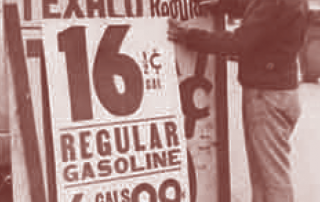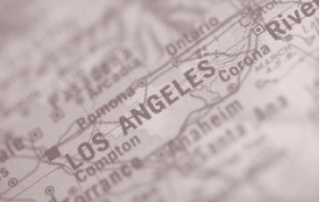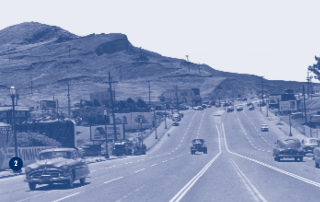From Fuel Taxes to Mileage Fees
Paul Sorensen
For much of the past century, federal and state taxes on gasoline and diesel have provided the majority of funding for US highway construction and maintenance. Fuel taxes perform well in this role: they distribute the tax burden among drivers in rough proportion to their use of the road network, are inexpensive to administer, and offer a modest incentive to buy and drive fuel-efficient vehicles.
Download the PDF.



